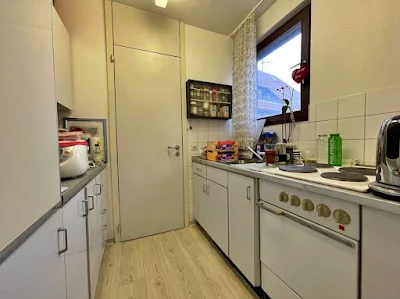How to thrive in mental wellness
AT A GLANCE
Your mental health is everything— prioritize it. Make the time like your life depends on it, because it does.
— Mel Robbins
Often when things get so busy, we tend to neglect our own needs. This leads to a burnout of sorts or, worse, a melancholic feeling of not wanting to do anything. To ensure that our lives never get to that level, we need to focus on our mental wellness. Here are some self-care tips to make sure you treat yourself right.

Prioritize your needs
Self-care makes or breaks our mental wellness. Always make sure you find time to take a break from things to dedicate time to activities that spark joy, relaxation, and rejuvenation. Perhaps choose to sleep in on a free day or engage in a physical activity to keep the blood pumping. Finding a hobby will also help in reducing stress and enhancing your well-being.

Find time to socialize
Even introverts have a need to interact with their closest friends! Keeping to yourself for long periods can be damaging to your mental health as we are wired to be around others. Hit up a friend you haven’t talked to in a while and reconnect. As they say online, go outside to touch the grass and crack open a cold one with your pals!

Meditation is key
Mindfulness and meditation are powerful tools for nurturing mental wellness. These practices encourage being present in the moment, calming the mind, and reducing stress. Exercises like yoga and Pilates are a great way of clearing your mind and keeping your body active.

Keeping our eyes glued to the screen might be appealing to pass the time but it can also be harmful if done too long. Social media often has us viewing the best parts of other people’s lives. This might lead us to think we aren’t doing things right if others appear to be enjoying more than we are. When you start to feel like this, it’s best to take some time off social media. Engage in activities that do not involve screens, allowing your mind to rest and recharge.

Seek professional help
Therapy goes a long way. Sometimes there are problems within us that need professional help, and there’s no shame in that! Seeing a therapist or a counselor allows us to get a different view of our life. Often they’ll give us ways to cope, tools for managing stress, and most importantly a safe space to vent about our troubles.

Think positive
To be healthy in the mind, one must be free of problems. But to be free from problems, you need to look at the brighter side of life. Mucking about on the downside of things will only discourage you from being your best self. If life kicks you down, remember to kick back harder!
